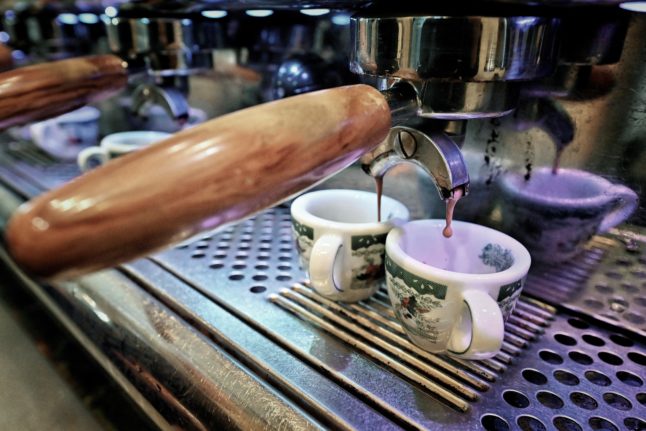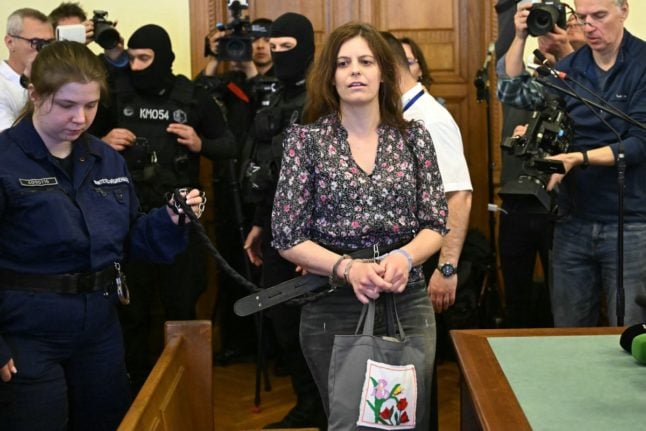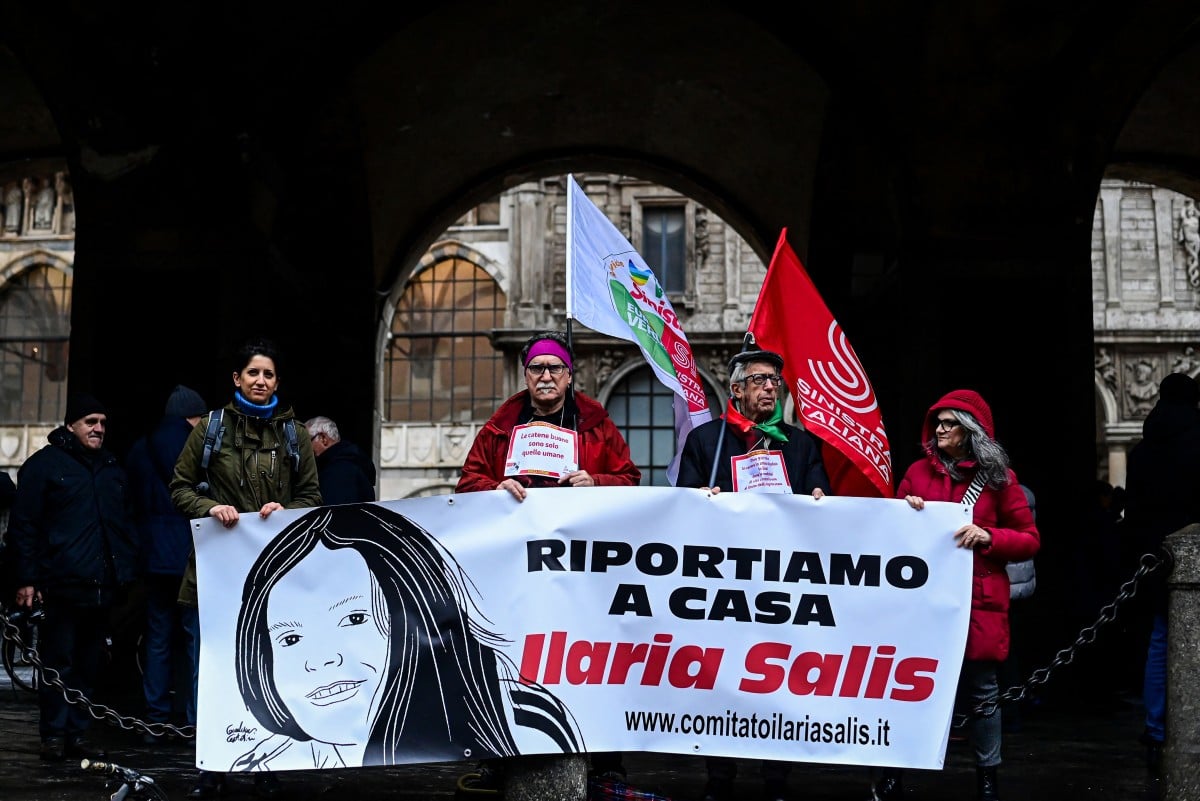Award-winning barista and trainer Francesco Sanapo, owner of the Ditta Artiginale cafe in Florence, was reportedly hit with the steep fine after a patron reported him to the local police.
The customer filed a complaint because they were upset at unexpectedly having to fork out €2 for a decaffeinated espresso, reported local news site Firenze Today.
Single-shot espressos typically cost €1 or less in Italy. Ditta Artigianale said its coffee comes from a small plantation in Mexico and that decaffeinated coffee requires complex extraction techniques that are expensive, hence the two-euro charge.
The fine however wasn’t due to the espresso’s high price, but because of a rule that requires cafés in Italy to display their prices behind the counter or in a menu.
Because Ditta Artiginale only publishes some of its prices in physical form, listing others in only an online menu accessed via a QR code, police reportedly said the owner failed to comply with Italian law.
Sanapo asked his followers for help in fighting the fine, calling the law “outdated” in a video uploaded to Facebook on Saturday,
“They fined me because they paid two euros for my espresso. This can’t go through, it can’t happen. Help me!!!” the message accompanying the video reads.
“I’m not one to use social media to complain, but this time they have touched a nerve with something that is too important to me and to the entire hospitality industry and particularly the coffee/café world.”
In a subsequent video published on Monday, Sanapo said he didn’t take issue so much with the fine in itself, which he said he would pay, but with Italy’s fixation on having access to cheap coffee at the expense of good quality.
READ ALSO: Where, when and how to drink coffee like an Italian
“Think about it: with one euro you cannot pay a sustainable wage to those who produce coffee, you can’t pay for the professionalism of those who are trained to a high level in hospitality. With one euro we generate poverty throughout the supply chain, we create illegal jobs or workers who are underpaid even when all goes well. A one euro cup of coffee means using poor quality products,” he told the Repubblica news daily.
Sanapo’s peers in the Italian coffee industry have expressed solidarity with his situation.
“We stand in solidarity with our colleagues at Ditta Artigianale. This is 2022 but in Italy you still can’t talk about quality when it comes to coffee, in this sector quality is not appreciated: this is very serious,” Serena Nobili from Dini Caffe reportedly said.
“To disregard the quality of a product where there is a lot of work behind it is something that I am deeply saddened by. Quality is paid for and it is to everyone’s benefit,” echoed Alessandro Vittorio Sorani, president of the small business association Confartigianato Imprese, according to Firenze Today.




 Please whitelist us to continue reading.
Please whitelist us to continue reading.
So, why doesn’t he charge what he thinks is a reasonable price – and post it? Customers can decide if they want to pay a higher price for his “expensive” coffee
Clickbait headline. Obviously the fine was not for the price, but for not being transparent about it. Anyone can charge any price for coffee if the price is clear to the consumer.
Espresso is 3.50-4.00 dollars in most cities in the USA